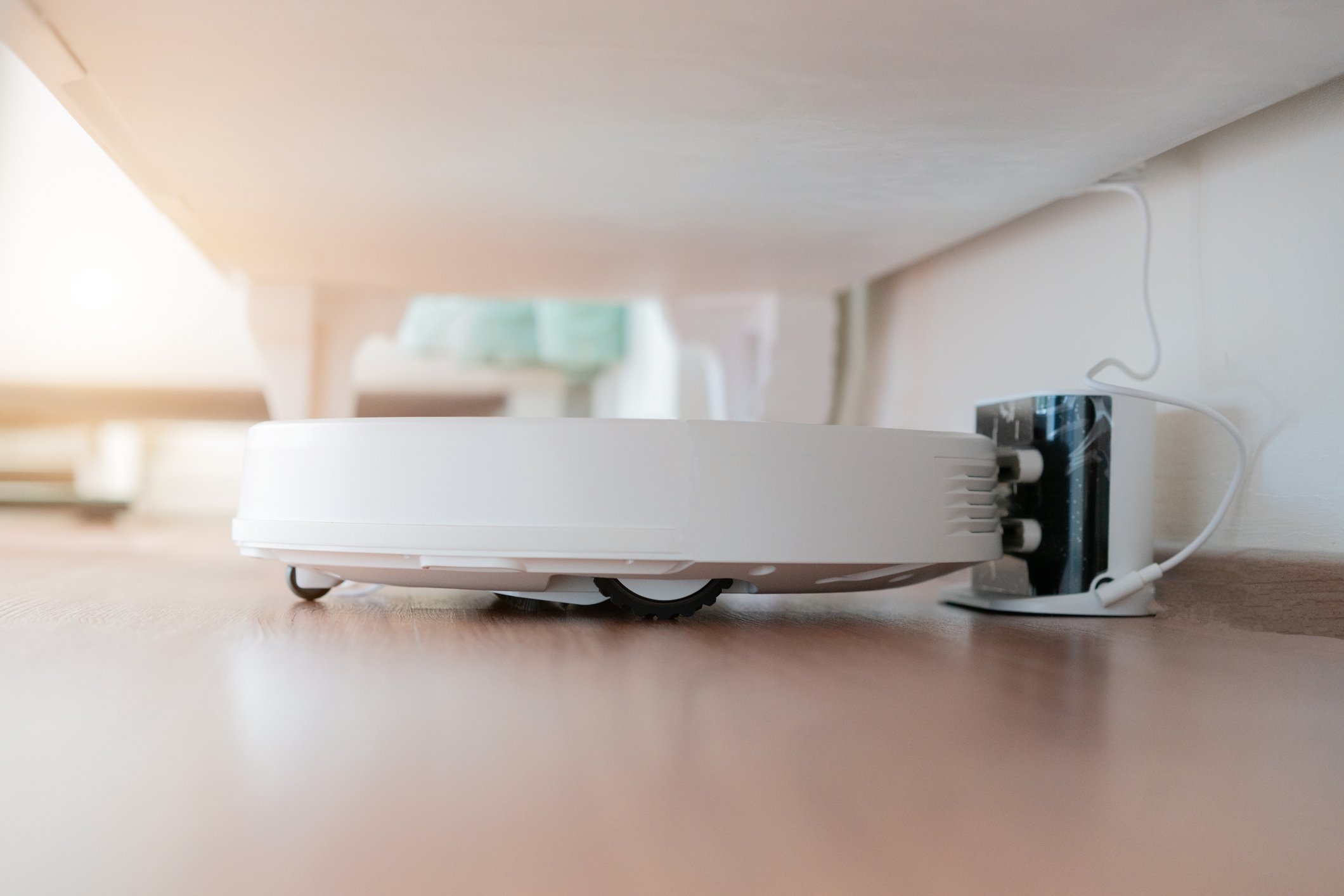When iRobot (IRBT +0.00%) initially dropped its patent hammer on SharkNinja in mid-October, it seemed to be a straightforward case of the home-robotics leader protecting its intellectual property from a copycat competitor.
It wasn't just that SharkNinja's recently launched IQ Robot vacuum bore a striking resemblance to the self-cleaning Roomba models that iRobot debuted more than a year ago; iRobot management also specifically asserted that SharkNinja had violated three patents covering "selected room cleaning," "recharge and resume" functionality, and self-emptying "auto-evacuation technology."
"We will not stand by while our technology gets brazenly ripped off, and we will continue to vigorously defend our innovations both in the U.S. and abroad," pledged iRobot Executive VP and Chief Legal Officer Glen Weinstein at the time.
As such -- and notably ahead of the start of the holiday shopping season -- iRobot filed a motion for a preliminary injunction to halt sales and distribution of the IQ Robot.

IMAGE SOURCE: GETTY IMAGES
An "early victory" for Shark
Last week, however, iRobot shares fell nearly 6% after U.S. District Judge Allison Burroughs ruled against blocking sales of SharkNinja's IQ Robot vacuum while the patent-infringement lawsuit proceeds.
SharkNinja, for its part, lauded the news as "an early victory," calling iRobot's lawsuit an "attempt to dominate the robotic vacuum cleaner market and eliminate more affordable options for consumers." It also noted that after receiving the judge's response, iRobot withdrew a claim with respect to one of the three patents in question, "but persisted in seeking an injunction with respect to the other two."
It elaborated:
As SharkNinja expected, the court denied iRobot's motion because iRobot failed to show that it would likely prevail on its infringement allegations as to the two patents. SharkNinja demonstrated that it knew of the asserted patents and specifically designed its products so they would not infringe. The court agreed with SharkNinja on all points, writing that "SharkNinja has raised substantial questions regarding iRobot's infringement allegations," and denying iRobot's motion for preliminary injunction.
This isn't SharkNinja's first rodeo
iRobot representatives said they were "disappointed" in the decision, but added the company is "fully committed to achieving a successful outcome" in its two patent cases as well as a related false-advertising claim.
"We believe strongly in the strength of our patents and in our case against Shark, and the court action will continue to trial on multiple iRobot patents," iRobot added. "During the preliminary injunction hearing, Shark was forced to admit that its widespread claims that the Shark IQ Robot offers the same technological features as iRobot's Roomba i7+ are untrue."
The second half of iRobot's statement asserts that the court didn't agree with SharkNinja "on all points" as it claimed. But it seems clear that the hearing did not go as iRobot planned, particularly considering that the company boasts a long history of successfully defending its IP in courts around the world.
It's worth noting this isn't SharkNinja's first patent fight. In August 2018, it emerged victorious from a similar $100 million lawsuit brought by Dyson over its alleged infringement of three design patents from Dyson's popular upright, stick-style vacuum models. That said, only two months earlier Dyson won a related $16.4 million verdict against SharkNinja as part of a long-running false advertising suit.
To be clear, any company would certainly much rather win the more lucrative patent-infringement case, which would also make it much more difficult for so-called copycat competitors like SharkNinja to stifle their near-term growth plans.
Until and unless iRobot can definitively prove in court that SharkNinja didn't adequately design its vacuums around those patents, however, it seems as though the IQ Robot is on store shelves to stay.





